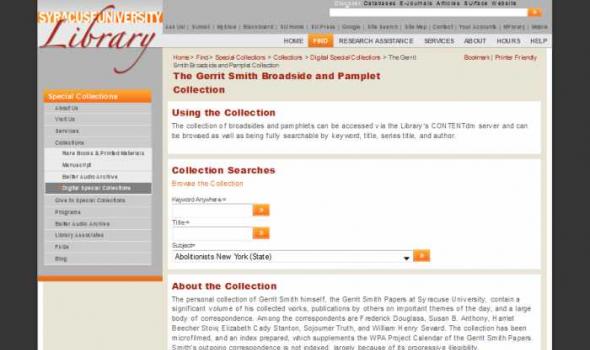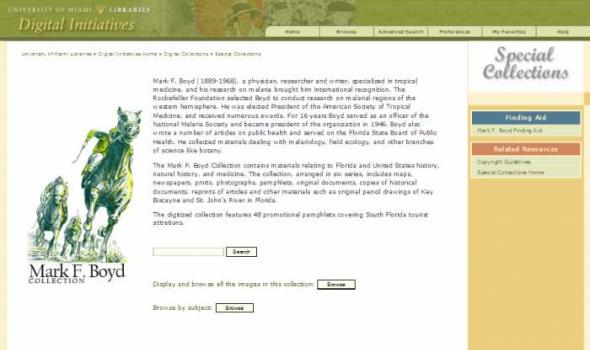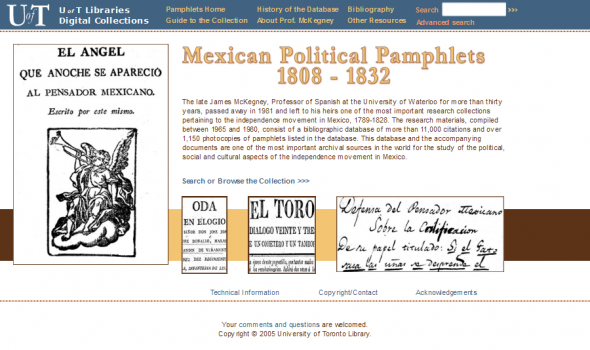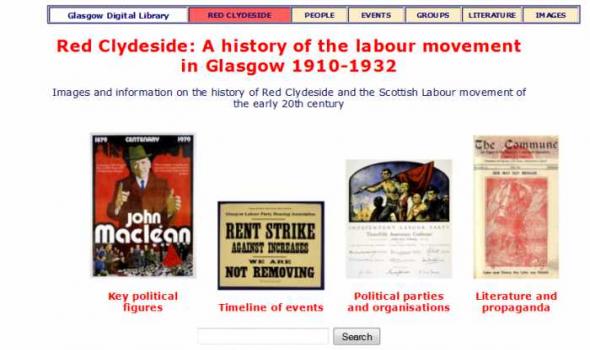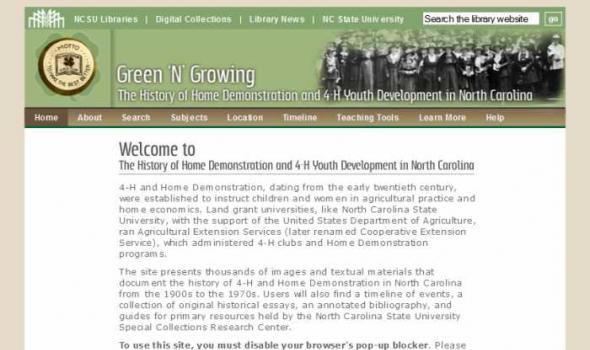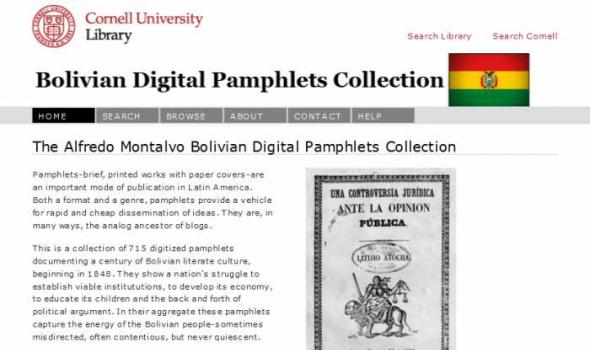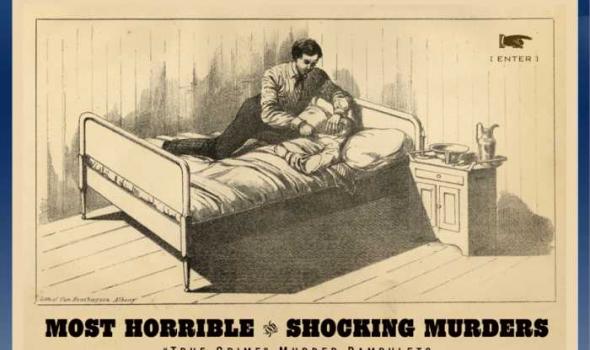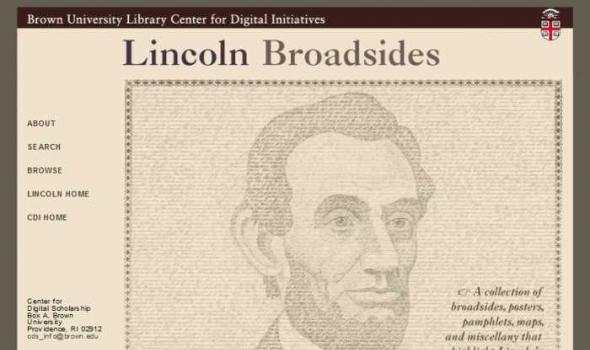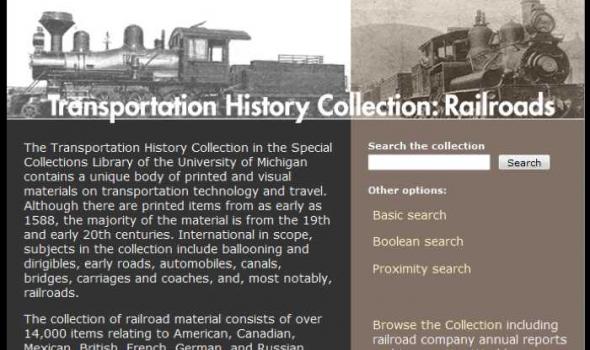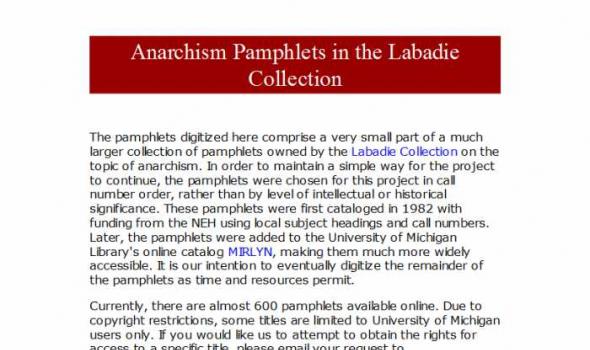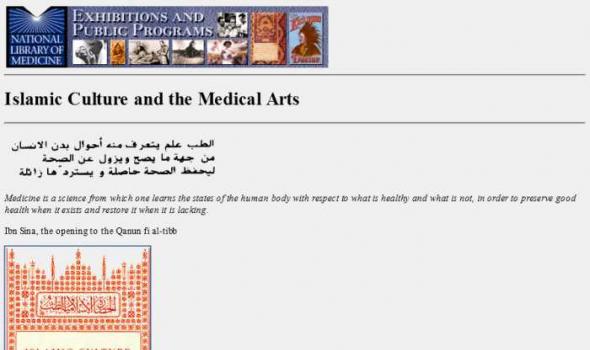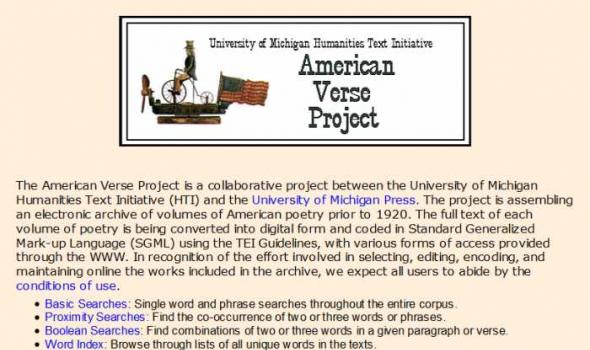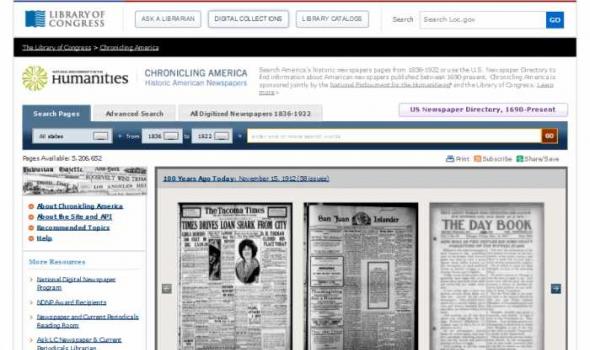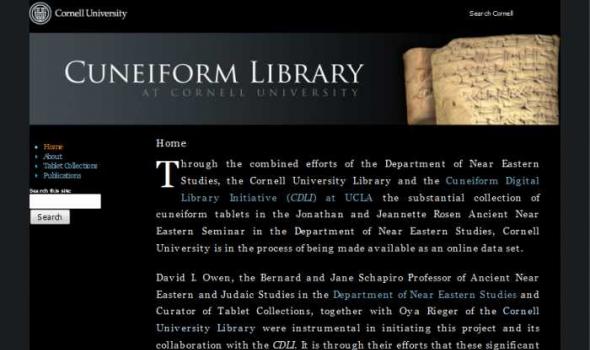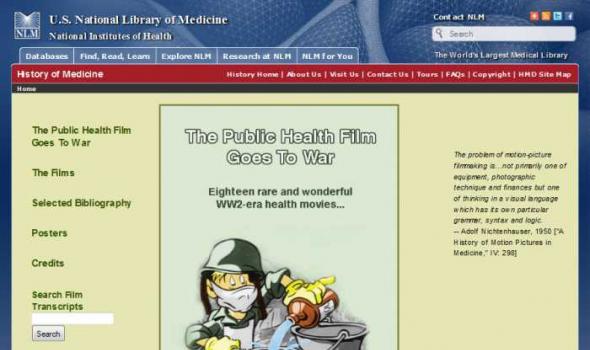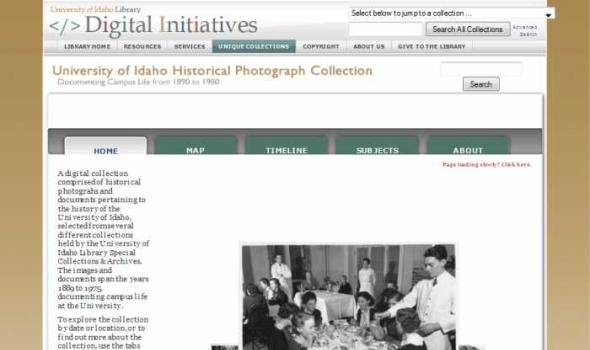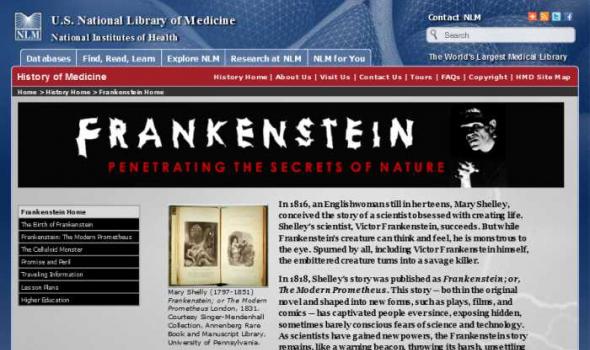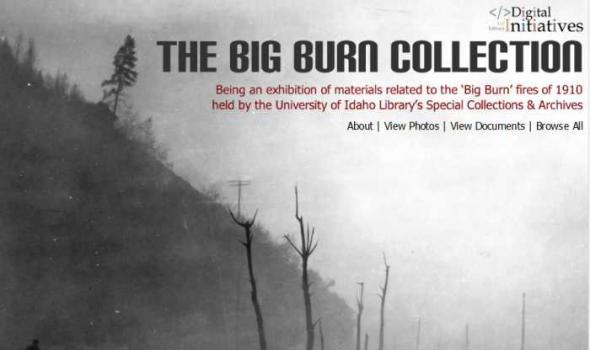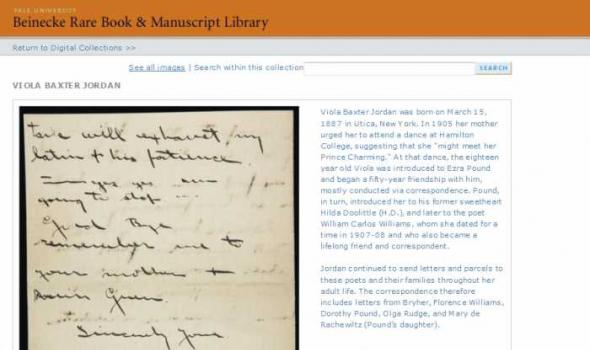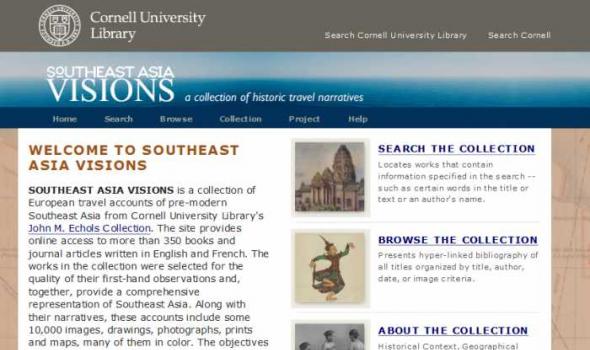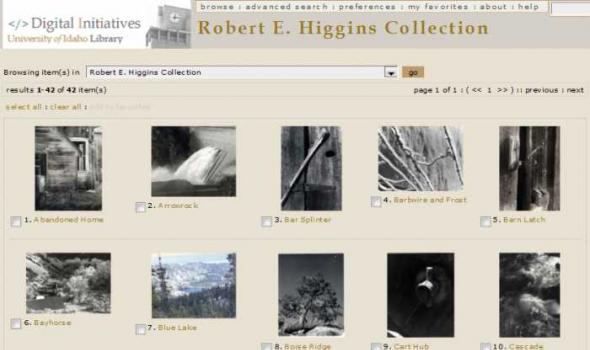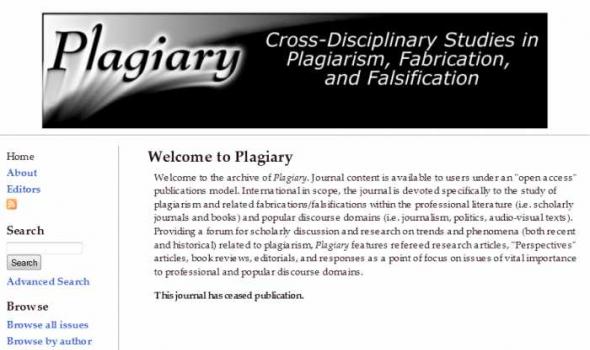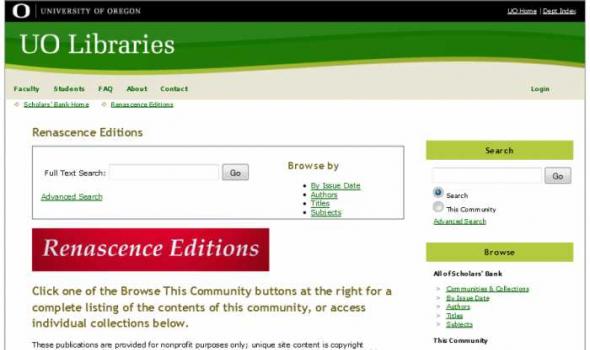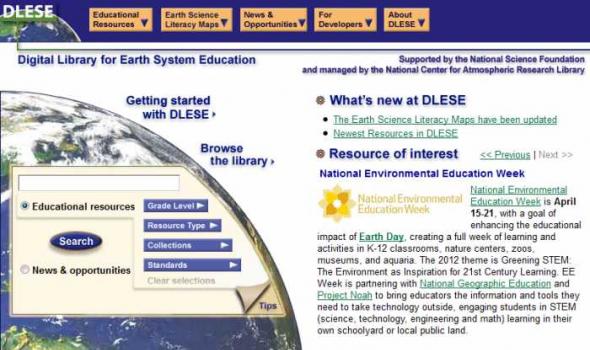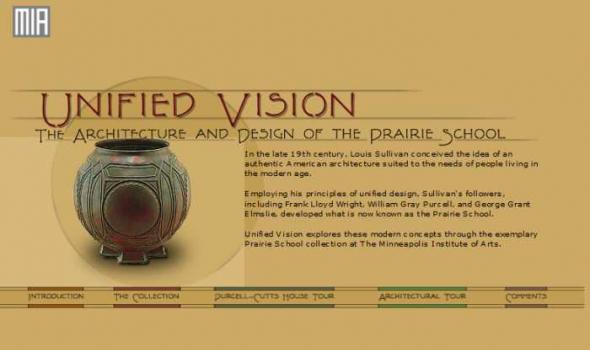Category: Pamphlets
Results
The Gerrit Smith Broadside and Pamplet Collection Using the Collection The collection of broadsides and pamphlets can be accessed via the Library's CONTENTdm server and can be browsed as well as being fully searchable by keyword, title, series title, and author. Collection Searches About the Collection Included among the publications authored by Gerrit Smith are various circulars, speeches, sermons, and tracts which deal with such topics as abolition, suffrage, temperance, transportation, and the postal system. With this project, we can now provide full text access to 214 of these important publications.
Mark F. Boyd (1889-1968), a physician, researcher and writer, specialized in tropical medicine, and his research on malaria brought him international recognition. The Rockefeller Foundation selected Boyd to conduct research on malarial regions of the western hemisphere. He was elected President of the American Society of Tropical Medicine, and received numerous awards. For 16 years Boyd served as an officer of the National Malaria Society and became president of the organization in 1946. Boyd also wrote a number of articles on public health and served on the Florida State Board of Public Health. He collected materials dealing with malariology, field ecology, and other branches of science like botany. The Mark F.
The late James McKegney, Professor of Spanish at the University of Waterloo for more than thirty years, passed away in 1981 and left to his heirs one of the most important research collections pertaining to the independence movement in Mexico, 1789-1828. The research materials, compiled between 1965 and 1980, consist of a bibliographic database of more than 11,000 citations and over 1,150 photocopies of pamphlets listed in the database. This database and the accompanying documents are one of the most important archival sources in the world for the study of the political, social and cultural aspects of the independence movement in Mexico.
The Thomas Fisher Rare Book Library has extensive holdings of Canadian pamphlets and broadsides in a great diversity of subject areas from agriculture and land settlement to politics and government to education, temperance, transportation, natural resources, and the arts. The collection encompasses examples from the earliest period of printing in Canada, such as the 1763 prospectus for the Quebec Gazette, to a 1930 price list of officer's uniforms issued by the Montreal firm of W. Scully. Within the broad class of pamphlets and broadsides a variety of genres is represented, including programs, campaign literature, catalogues, reports, and many forms of advertising. The collection includes items in English, French, German and several aboriginal languages.
The Red Clydeside period During the period between 1910 and 1932 the city of Glasgow was witness to an unparalleled wave of working class protest and political agitation which challenged the forces of capitalism and also, on occasion, directly challenged the state itself. The events and people who shaped this period forged an enduring legacy which still remains part of the political and social fabric of the city to the present day, and which is known quite simply as Red Clydeside. This turbulent period of industrial, social and political upheaval reinforced Glasgow's reputation as the centre of working class struggle in Britain in the early years of the twentieth century.
Green 'N' Growing is a resource-based research and educational web site developed by the Special Collections Research Center at the North Carolina State University Libraries. Drawing upon the rich historical records found in the University Archives, the collection provides valuable information about women, children, race relations, education, agriculture, and rural life in North Carolina during the twentieth century. Users will be able to access digital reproductions of over 10,000 items, including photographs and pages from pamphlets, reports, and other materials, that document the history of 4-H and Home Demonstration in North Carolina from the 1900s to the 1970s.
About the Project The Cornell University Library New York State Historical Literature Collection consists of digital surrogates for materials that were part of a joint study involving Digital Preservation between Cornell University and the Xerox Corporation . Begun in 1990, a process was developed where brittle and decaying books were digitally scanned, using prototype equipment co-developed by Cornell and the Xerox Corporation (the CLASS scanner) and stored as 600dpi, bitonal TIFF images, compressed with ITU Group 4 compression, on digital platters on an EPOCH "jukebox" digital server. Facsimiles of these books were generated and the books were returned to the shelves.
about the project introduction The Cornell Historic Math Monograph Collection consists of digital surrogates for materials that were part of a joint study involving Digital Preservation between Cornell University and the Xerox Corporation. Begun in 1990, a process was developed where brittle and decaying books were digitally scanned, using prototype equipment co-developed by Cornell and the Xerox Corporation (the CLASS scanner) and stored as 600dpi, bitonal TIFF images, compressed with ITU Group 4 compression, on digital platters on an EPOCH "jukebox" digital server. Facsimiles of these books were generated and the books were returned to the shelves. The images were available online using specially developed clients in Unix, MAC and PC platforms.
About the Alfredo Montalvo Bolivian Digital Pamphlets Collection This collection of 715 digitized works comes principally from a donation made to Cornell by the Bolivian bookseller, Alfredo Montalvo, who has supplied the university with library materials for over a quarter century. The pamphlets document a century of Bolivian literate culture, beginning in 1848. They show a nation's struggle to establish viable institutions, to develop its economy, to educate its children and the back and forth of political argument. In their aggregate these pamphlets capture the energy of the Bolivian people-sometimes misdirected, often contentious, but never quiescent. Readers will also want to consult complimentary collections of Bolivian pamphlets.
History of the Susan H. Douglas Collection The central goal of the project is to preserve, digitize, and catalog all items in the Susan H. Douglas Collection of Political Americana. Acquired from an individual collector between 1957 and 1961, the Douglas collection includes approximately 5,500 items of American political campaign memorabilia and commemorative items dating to between 1789 and 1960. Mrs. Douglas characterized them as: ballots, bric-a-brac (larger three-dimensional objects), broadsides, buttons, cartoons, maps and charts, pamphlets, paper miscellaneous, parade items, posters, prints, ribbons, sheet music, songbooks, textiles, trinkets, and wearing apparel.
History of Medicine EVER SINCE THE INVENTION OF moveable type in the mid-1400s, the public’s appetite for tales of shocking murders —“true crime” —has been an enduring aspect of the market for printed material. For more than five centuries, murder pamphlets have been hawked on street corners, town squares, taverns, coffeehouses, news stands, and book shops. Typically, a local printer would put together a pamphlet that claimed to be a true account of a murder, consisting of a narrative, trial transcript, and/or written confession of the murderer before his or her execution. 13 September 2010
History of Medicine About a hundred years ago, public health took a visual turn. In an era of devastating epidemic and endemic infectious disease, health professionals began to organize coordinated campaigns that sought to mobilize public action through eye-catching wall posters, illustrated pamphlets, motion pictures, and glass slide projections. Impressed by the images of mass media that increasingly saturated the world around them, health campaigners were inspired to present new figures of contagion, and recycle old ones, using modernist aesthetics, graphic manipulations, humor, dramatic lighting, painterly abstraction, distortions of perspective, and other visual strategies.
Center for Digital Scholarship Box A, Brown University Providence, RI 02912 About This Collection Lincoln broadsides were created and used to advertise and educate Americans about, as well as to commemorate, the Sixteenth President of the United States. They document the didactic use of Lincoln's image in the public sphere and suggest Lincoln's important place in American culture as a national role model to citizens at all levels of society. Adult and child, manufacturer, seller and purchaser, artist and businessman, private civic organization and public institution — all are represented as producers and consumers of the print materials included in this collection.
Kirk Collection Box A Brown University Library Providence, RI 02912 Tovah Reis Developed & hosted by Center for Digital Initiatives Box A Brown University Library Providence, RI 02912 cdi@brown.edu About This Collection The digitized items in the Alcohol, Temperance and Prohibition Collection are from the Alcoholism and Addiction Studies Collection , as well as from various collections in the Brown University Library — broadsides, sheet music, pamphlets and government publications.
The Transportation History Collection in the Special Collections Library of the University of Michigan contains a unique body of printed and visual materials on transportation technology and travel. Although there are printed items from as early as 1588, the majority of the material is from the 19th and early 20th centuries. International in scope, subjects in the collection include ballooning and dirigibles, early roads, automobiles, canals, bridges, carriages and coaches, and, most notably, railroads. The collection of railroad material consists of over 14,000 items relating to American, Canadian, Mexican, British, French, German, and Russian railroad companies and their rolling stock.
The pamphlets digitized here comprise a very small part of a much larger collection of pamphlets owned by the Labadie Collection on the topic of anarchism. In order to maintain a simple way for the project to continue, the pamphlets were chosen for this project in call number order, rather than by level of intellectual or historical significance. These pamphlets were first cataloged in 1982 with funding from the NEH using local subject headings and call numbers. Later, the pamphlets were added to the University of Michigan Library's online catalog MIRLYN , making them much more widely accessible. It is our intention to eventually digitize the remainder of the pamphlets as time and resources permit. Currently, there are almost 600 pamphlets available online.
